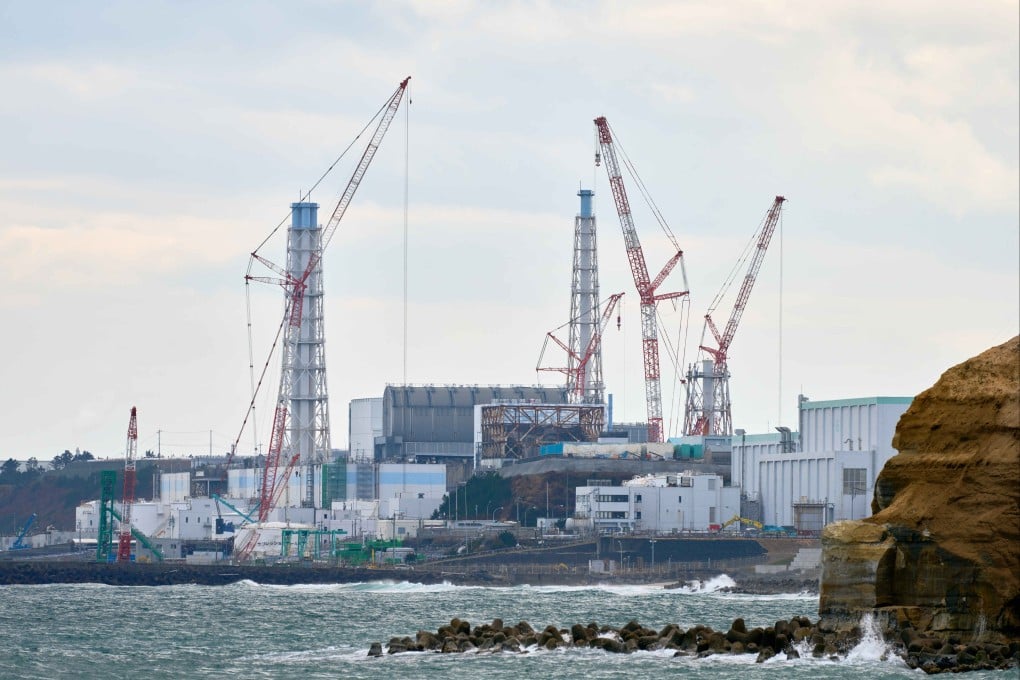Why the worry over Japan’s Fukushima nuclear waste discharge plan? France has done it ‘for decades’
- Activists and neighbouring nations oppose the move, and question if the Japanese government has done enough to convince people of its safety
- But experts say tritium in the planned discharge is effectively harmless to humans, and levels are lower than annual releases by UK, China and France

The Japanese government insists its Advanced Liquid Processing System (ALPS) has eliminated virtually all the radionuclides from the heavily diluted water that will be released into the Pacific Ocean from a 1km-long pipe that has been constructed at the site, with a number of global nuclear energy experts concurring that release of the treated water is the best available option.
Three of the reactors went into meltdown after a magnitude-9 earthquake struck off the coast in March 2011 and triggered tsunamis that breached sea walls and cut the power needed to keep the units cool.
Opponents say they have little faith in the promises of the government or Tokyo Electric Power Company (Tepco), the operator of the Fukushima plant. The company has not permitted independent testing of samples from the site and has been roundly condemned for failing to implement safeguards to protect the six nuclear reactors at the plant.
“Even if it [the water] is treated and diluted, it will still contain radionuclides such as carbon-14 and tritium,” said Hajime Matsukubo, secretary general of the Tokyo-based Citizens’ Nuclear Information Centre.
“We are seeing strong resistance from other countries and people who live in the area and whose livelihoods depend on the ocean, such as local fishermen, and we do not believe the Japanese government has done enough to speak to these groups,” he told This Week in Asia.